Linguistics have changed a lot over the years and as a result, some sayings that were once part of everyday conversations have faded away. Here’s a nostalgic look at 19 once-popular expressions that now seem to belong to a bygone era.
“Groovy”
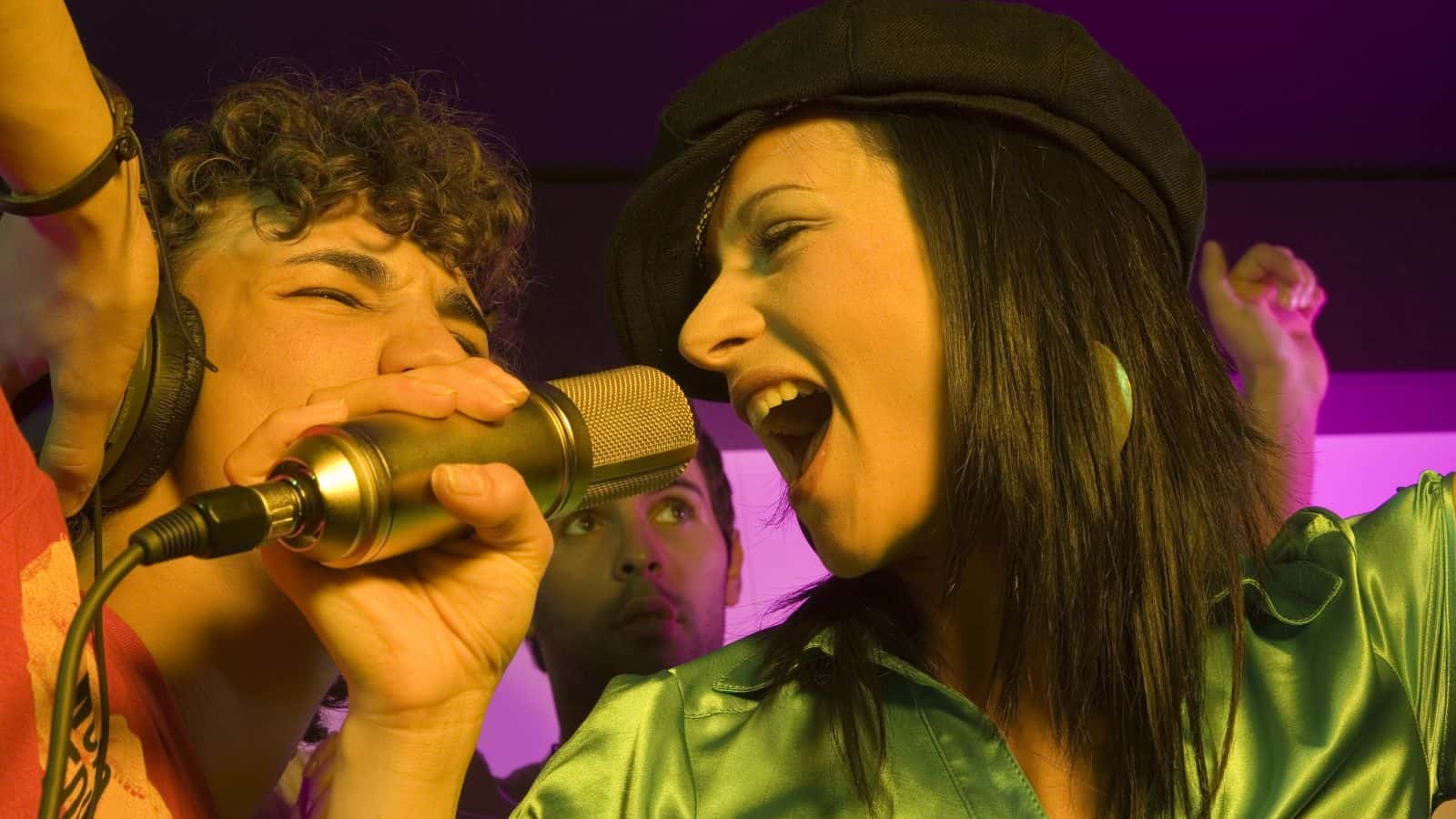
Synonymous with coolness and a laid-back attitude, “groovy” was a staple word for those living in the 1960s and 1970s. It originated from jazz slang, according to Ethan Hein, and then evolved into capturing the spirit of a generation that embraced counterculture and psychedelic music.
“Far out”
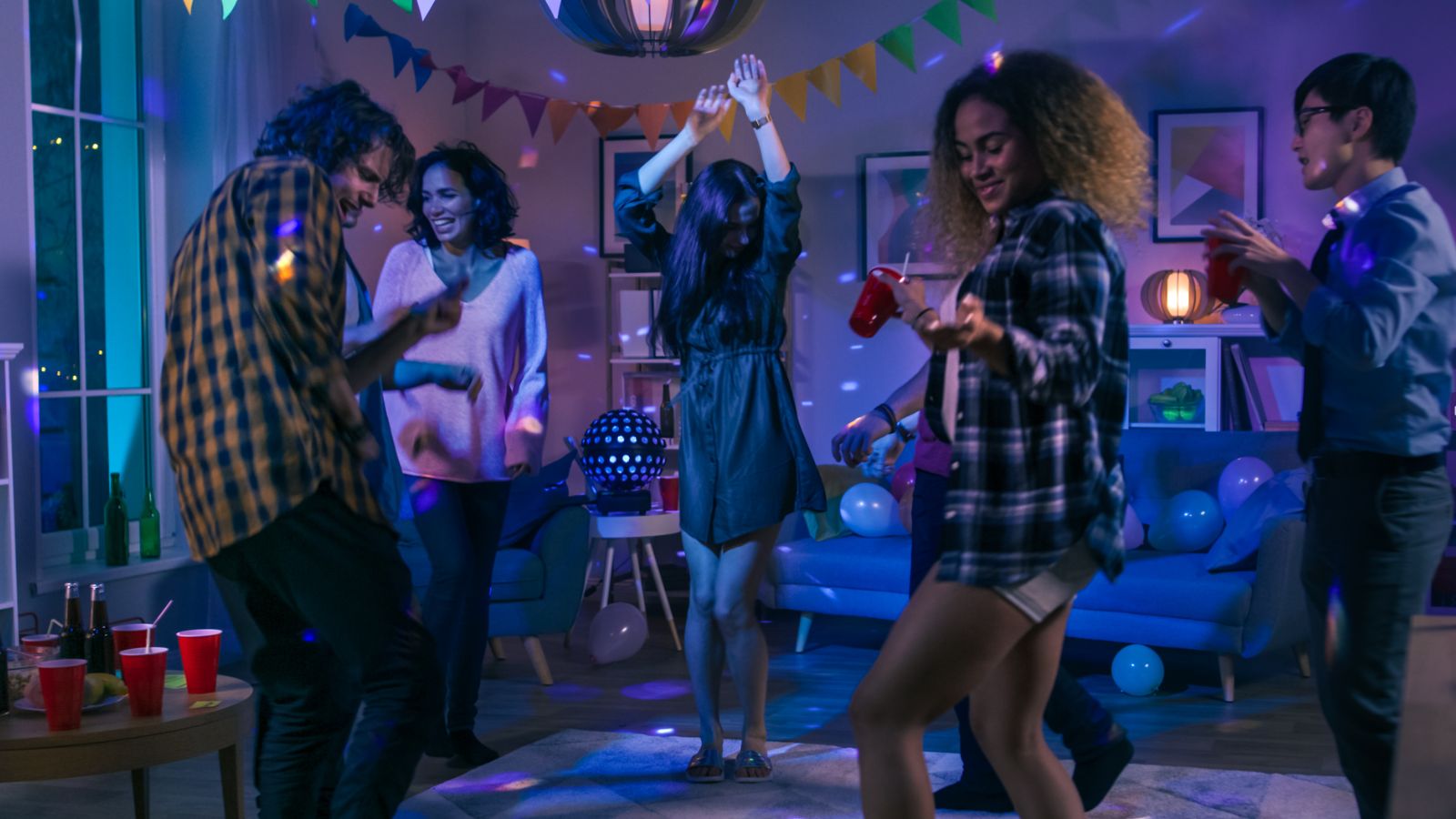
Originating from the same era as “groovy,” the saying “far out” means something remarkable or astonishing, usually in a positive light. It encapsulates the sense of awe and wonderment that characterized the 1960s, a time marked by the space race, civil rights movements, and a burgeoning youth culture that challenged all societal norms.
“Gag me with a spoon”

“Gag me with a spoon” was a phrase of disdain or disgust popularized in the 1980s. It reflected the colorful and sometimes exaggerated language of the MTV generation, where phrases were as bold and expressive as the fashion and music of the time.
“Catch you on the flip side”
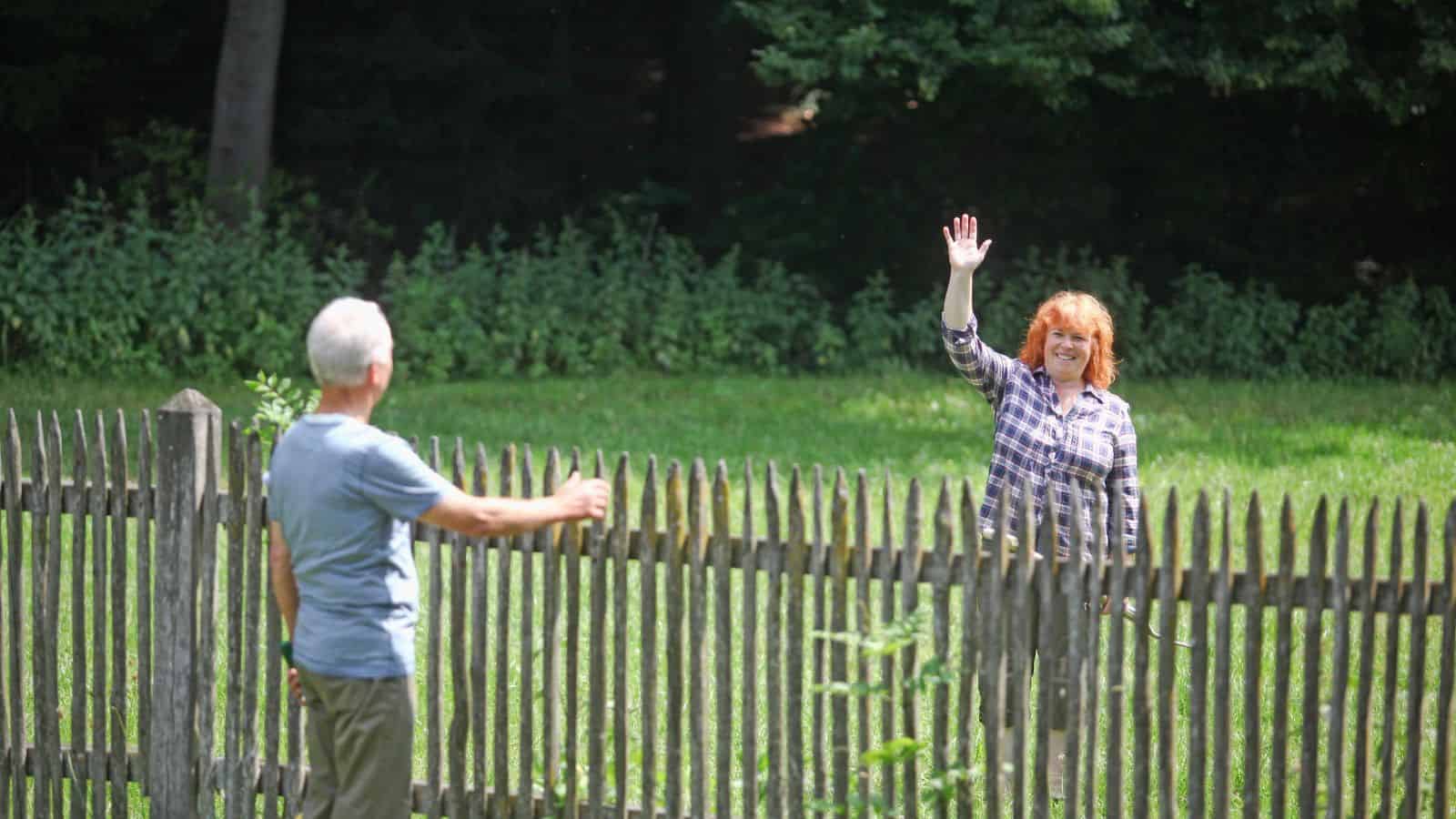
To “catch (someone) on the flip side” means to say goodbye with the implication of seeing someone later or on another occasion. This phrase dates back to a time when physical media like records and cassette tapes were the primary mode of music consumption, emphasizing a sense of connection and continuity.
“Don’t have a cow”

In the 1990s, Bart Simpson made this saying famous. It was meant as a dismissive response to someone overreacting or getting overly upset about something. The phrase encapsulated the irreverent and rebellious spirit of the decade, where pop culture icons like Bart Simpson became part of a new wave of animated comedy and social commentary.
“Bogart”

To monopolize something selfishly, “bogart” derived from the actor Humphrey Bogart’s habit of hoarding the cigarette smoke in films. It comes from a time when Hollywood legends and their on-screen personas influenced everyday language, stealing the hearts of audiences worldwide in the process.
“Heavens to Betsy”

To say “heavens to Betsy” would be to humorously to convey astonishment at a situation. Its quaint charm and old-fashioned reminds people of a time when manners and decorum played a prominent role in social interactions, reflecting a gentler era in communication styles.
“Cat’s pajamas”

This is an expression from the 1920s meaning something excellent or outstanding. To say “cat’s pajamas” is comparable to today’s “the bee’s knees.” The saying reflected the Jazz Age’s vibrant energy and exuberance, where flappers, speakeasies, and new cultural trends shaped the language and social dynamics of the time.
“Hunky-dory”

Meaning everything is fine or satisfactory, “hunky-dory” saw its peak in the mid-20th century. It conveyed a sense of optimism and reassurance during a period marked by post-war prosperity and the American Dream, where stability and contentment were highly valued.
“23 skidoo”

You might not know this one, but “23 skidoo” is actually an early 20th-century expression meaning to leave quickly or ‘scram’. It was usually playfully, and now, it reflects the slang and fast-paced urban culture of the Roaring Twenties. This was a time of social change, prohibition, and economic prosperity that reshaped American society and language.
“Spiffy”

Describing someone or something as neat, stylish, or smartly dressed, “spiffy” was commonly used in the early to mid-20th century. It reflected an era when appearance and presentation held significant cultural currency, influencing social status and perceptions in a rapidly changing world.
“Ducky”
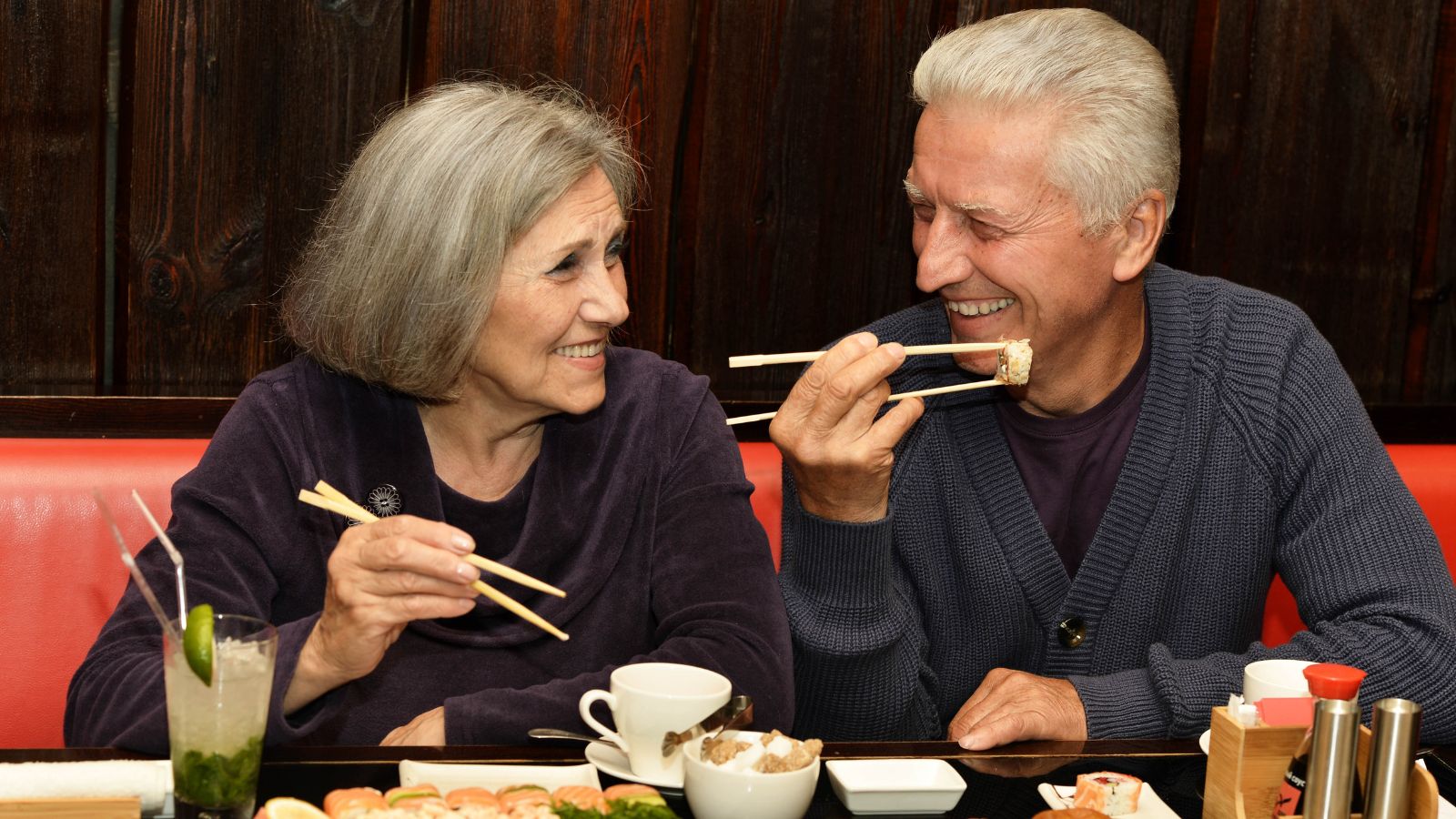
“Ducky” was used as a term of endearment to talk to anyone and everyone in a casual way. It conveyed warmth and camaraderie in interpersonal relationships and spoke to a time when nicknames and colloquialisms were common in everyday interactions, emphasizing familiarity and closeness among friends and acquaintances.
“Swell”

Originally meaning excellent or wonderful, “swell” was popular throughout the first half of the 20th century. It embodied a sense of approval and satisfaction, reflecting an era when simple pleasures and positive experiences were celebrated amidst the challenges of economic depression and global conflict.
“The cat’s meow”

Similar to “the bee’s knees,” this phrase from the 1920s described something or someone highly admired or regarded. It captured the spirit of the Jazz Age, where new cultural expressions and avant-garde attitudes redefined notions of sophistication and allure.
“Cool beans”

A phrase of affirmation or agreement, “cool beans” was often used in the 1980s and 1990s. It reflected the casual and laid-back attitude of Generation X, where slang and pop culture references shaped everyday conversations and social interactions.
“Jumpin’ Jehoshaphat”

An exclamation of surprise or astonishment, “jumpin’ Jehoshaphat” was used primarily in the early to mid-20th century. It underscored the colorful and expressive language of the time, where imaginative phrases and religious references added richness and depth to everyday speech.
“Jeepers creepers”

An expression of surprise or wonder, “jeepers creepers” was often used in the mid-20th century. It reflected a period when innocence and curiosity coexisted with rapid technological advancements and changing social norms, highlighting a sense of wonderment in everyday life.
“Nifty”

Meaning stylish or good, especially in a neat or clever way, “nifty” was popular in the mid-20th century. It conveyed a sense of admiration and approval for something that was aesthetically pleasing or functionally innovative, reflecting a period of optimism and innovation in consumer culture.
“Right as rain”

Meaning perfectly fine or in good health, “right as rain” has its roots in British English and remains in occasional use today. It embodies resilience and reassurance in the face of adversity, reflecting a timeless sentiment that transcends generational changes in language and expression.
Up Next: 19 American Foods that Are Not Allowed in Other Countries
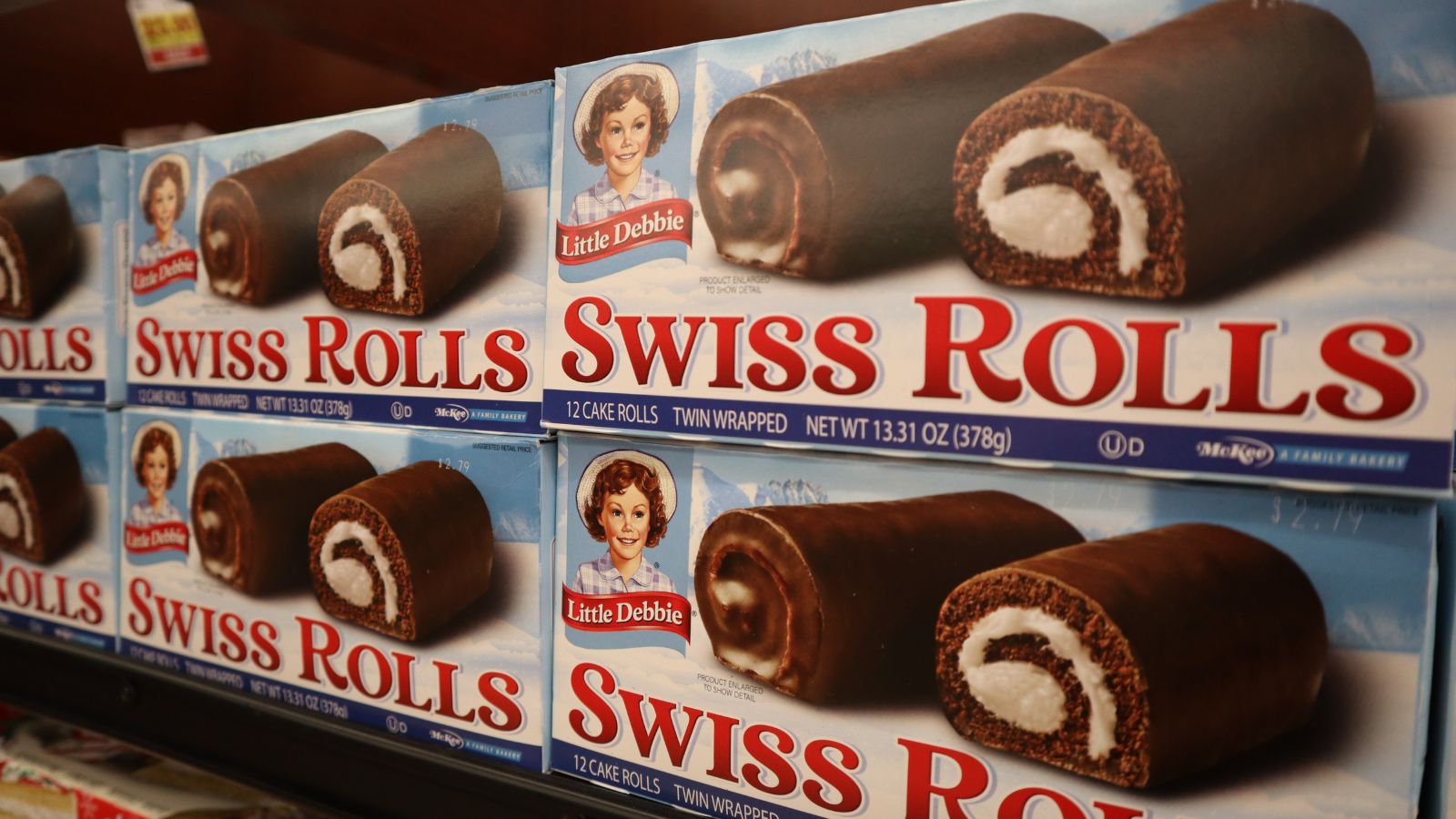
We can debate all day about who has the safest food supply in the world. Though, I’d bet you would be surprised at how many everyday American foods are banned in other countries. Most are due to chemical additives and pesticides, which, in places like the EU, cannot be approved for use unless proven safe. Let’s take a look at 19 of them.
19 American Foods that Are Not Allowed in Other Countries
19 Things That Will Happen When You Stop Drinking Alcohol
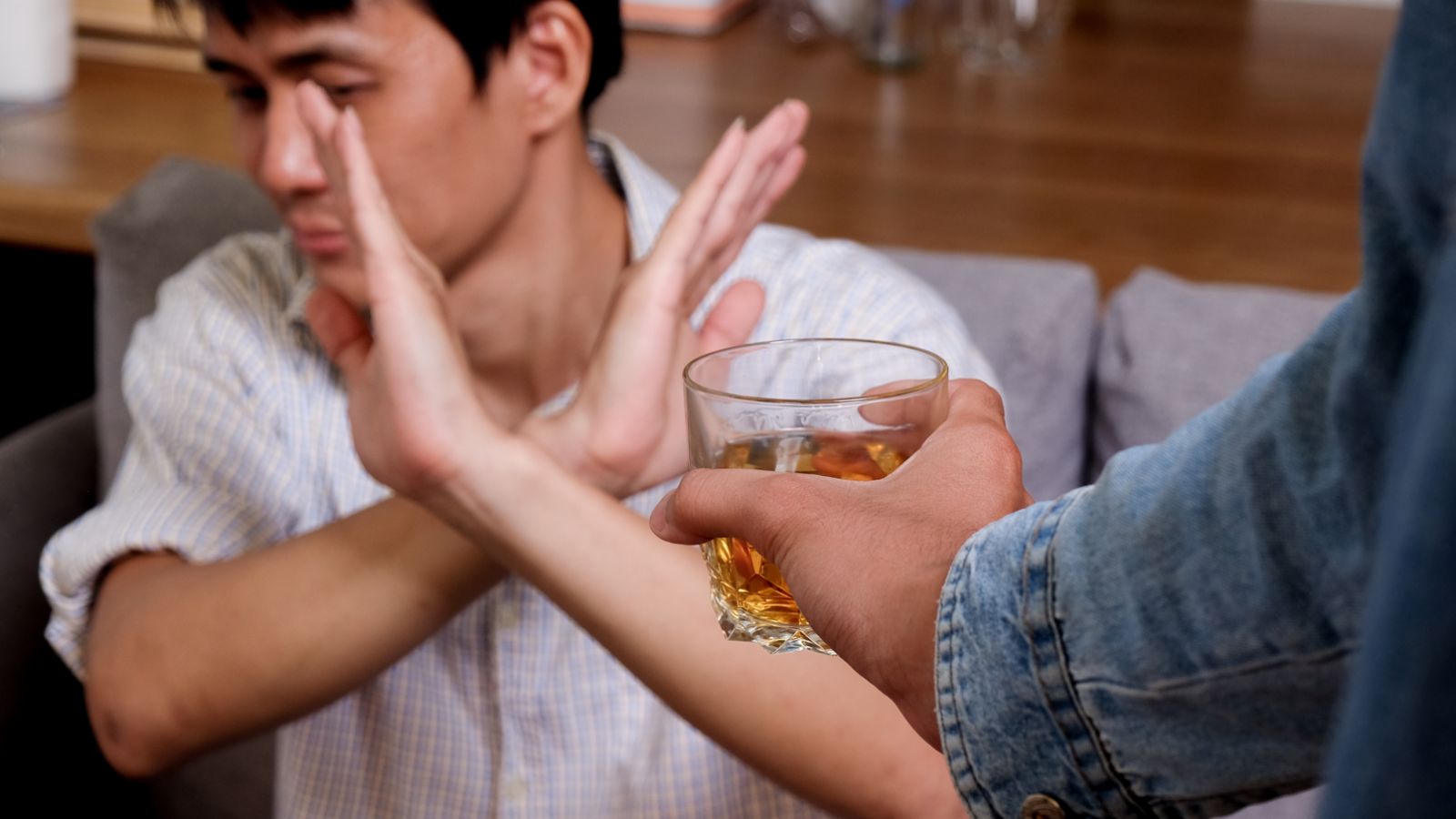
Whether you identify as an alcoholic or a casual drinker, alcohol can have a significant negative impact on your health. This is why more and more people are choosing to go cold turkey for the sake of their well-being. If you’re considering going sober but need a little more convincing, we’ve got you covered. Here are 19 things that will happen when you stop drinking alcohol.
19 Things That Will Happen When You Stop Drinking Alcohol
17 Things Guests Actually Notice Right Away About Your House

Inviting people into your home is a big deal. You may be very house-proud or house-conscious, and if you are either, you’ll likely get anxious about hosting. If this sounds like you, stop worrying and focus on the following 17 things that guests actually notice right away about your house.
17 THINGS GUESTS ACTUALLY NOTICE RIGHT AWAY ABOUT YOUR HOUSE

